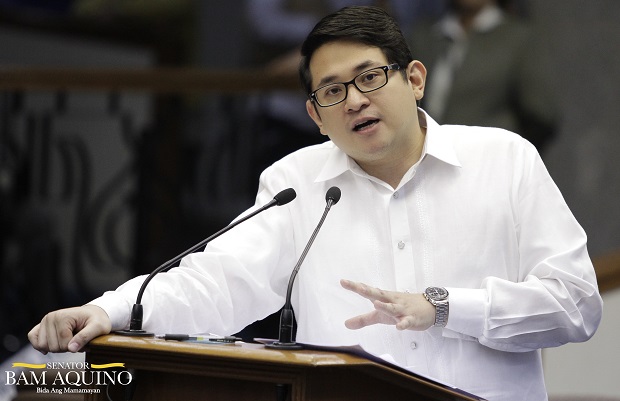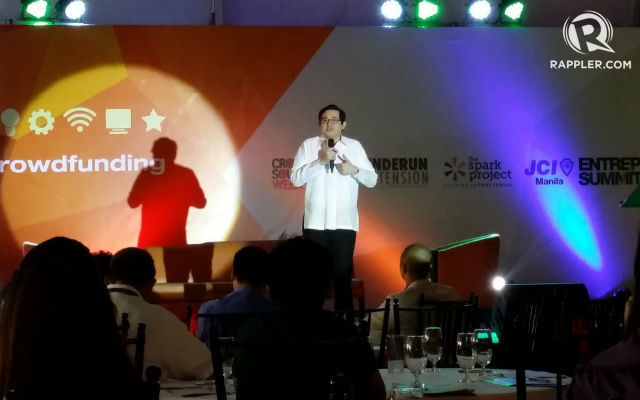Bam wants lower income tax, VAT exemption for small businesses
To further stimulate the growth of small businesses in the country, Sen. Bam Aquino is pushing for a measure that provides them with lower income tax rate, VAT exemption and other privileges.
Under Sen. Bam’s Senate Bill No. 169 or the Small Business Tax Reform Act, all small businesses shall be exempt from payment of income tax for the first three years of its operation from date of establishment and will be subjected to lower income tax rates thereafter.
As defined in the bill, small businesses are micro and small enterprises whose annual gross revenue does not exceed P50,000,000.
“This bill also proposes the lowering of the income tax rate for MSEs and an exemption from VAT, among other methods of stimulating growth in MSEs as opposed to hindering it,” said Sen. Bam.
The measure also pushes for simpler bookkeeping, a special lane and assistance desk for MSEs, exemption from tax audit, annual filing of returns, and payment in installment.
Sen. Bam stressed the need for a simpler taxation, saying a joint study by PWC and the World Bank, Paying Taxes 2016, placed the Philippines 126th out of 189 economies in Ease of Paying Taxes.
“This must change, which is why we are asserting the Small Business Tax Reform Act as a measure to simplify tax procedures and unburden our small businesses of the complex tax process,” said Sen. Bam.
By streamlining the country’s tax system, it will boost the chances of our local enterprises to succeed and, in turn, generate prosperity and livelihood for more and more Filipino families.


Recent Comments